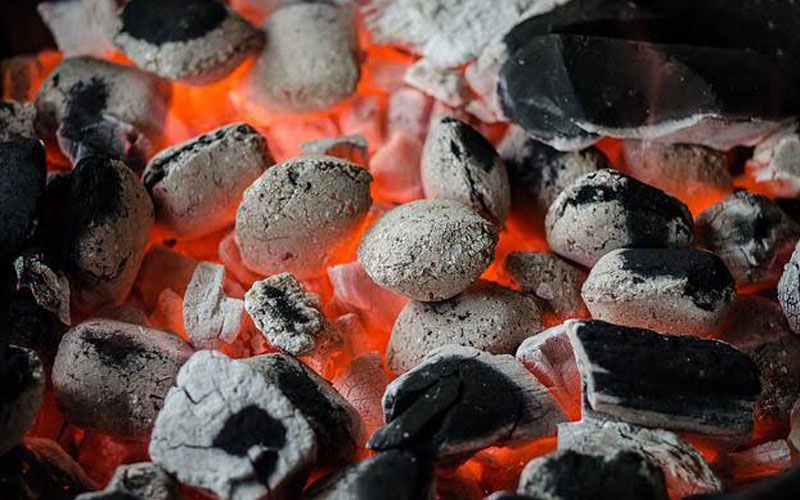Clean energy: Cooking gas scheme right move

Charcoal production is a major contributor to forest degradation and deforestation.
The Food and Agriculture Organisation estimates that nearly 25 percent of the world’s forests harvested for fuel is converted into charcoal for domestic and industrial purposes.
This poses a major threat to efforts to conserve the environment and sustain livelihoods. The high consumption is driven by charcoal being seen as a reliable source of energy for millions of people around the globe.
However, despite the existential threat charcoal use poses to communities, the use of this form of energy is largely unregulated.
According to FAO, charcoal production, transportation, and distribution remain informal and unregulated – leading to inefficient and risky production methods because policies to effectively govern the sector are lacking in many countries.
Yet charcoal production and use is a major environmental and health problem. This calls for governments to implement measures to address this challenge by banning charcoal production and trade in line with international policies, agreements and global agenda 2030 for a sustainable environment.
Many governments and communities – including the media – are adopting sustainability transitions defined as changes that will meet human needs and reduce hunger and poverty while maintaining the life support systems of the planet.
That is why we commend the rollout of a cooking gas programme by government for public learning institutions.
According to President William Ruto, the goal of the scheme, to be implemented with the support of the private sector, is to ensure that the institutions have access to clean energy.
The President said the programme aims to address the effects of climate change by promoting the use of gas instead of firewood and charcoal. He explained that by curbing the cutting of trees for firewood, the programme would boost the government’s plan to plant 15 billion trees.
The move, the President says, promises a win-win outcome: conserving trees, ensuring clean energy and improving health outcomes.
As a content product that has embraced environment conservation as our key cause, we believe that the move is long overdue and hope that it is not motivated by self-enrichment by the political elite.












